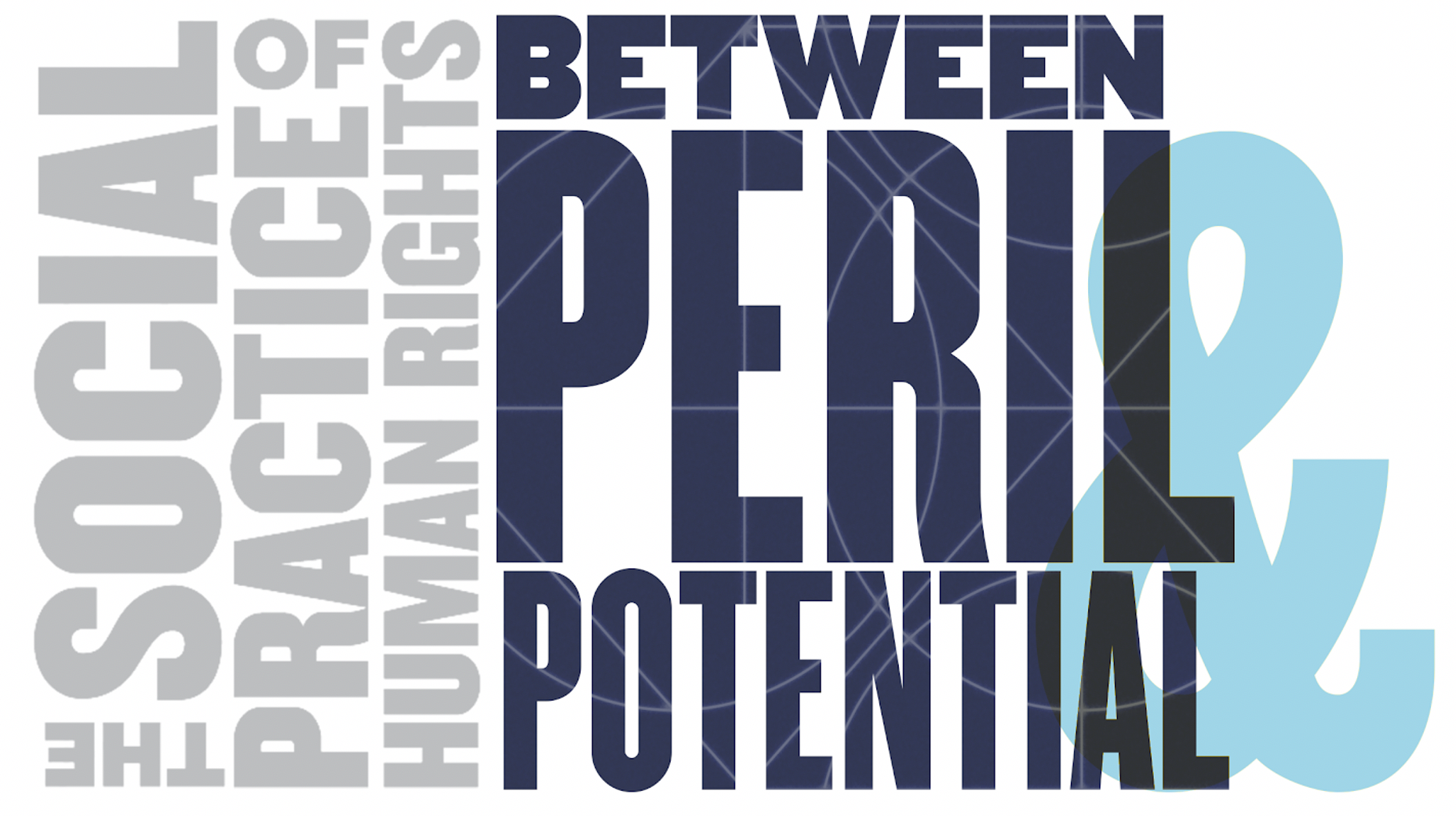Location
Presented remotely
Start Date
12-2-2021 4:15 PM
End Date
12-2-2021 5:45 PM
Keywords
immigration, advocacy, ethical witness, ethical loneliness
Abstract
In this paper I provide a case study of transnational migrant advocacy done by the Kino Border Initiative during the COVID-19 pandemic. Shortly before the pandemic I spent a week with KBI for an immersion experience part of which focused on the ideas of human rights advocacy and witnessing. “Witness” in this context has both a spiritual/moral dimension and an experiential one that can form a foundation for advocacy. Using accounts of migrants to inform and humanize changed when interpersonal witnessing became impossible during the pandemic. This increased the levels of human rights abuses experienced by migrants and limited the opportunities to share KBI’s message in person. New ways of leveraging social media and technology had to be employed to maintain advocacy and witnessing.
To address issues in the case study provided I take up accounts of moral witnessing; the human rights issues migrants themselves and KBI identify; and bring to bear recent work on ethical loneliness by Jill Stauffer and my own account of ethical listening to ground the understanding of both the injustice of human rights violations themselves and how KBI has been able to continue their advocacy work even in times of increased human rights violations of migrants and the limitations the pandemic created for their typical work. Research includes interviews with members of the KBI community.
Author/Speaker Biographical Statement(s)
Ellen M. Maccarone, PhD, is Associate Professor of Philosophy and Faculty Advisor to the President at Gonzaga University. Recent research interests include the ethical treatment of migrants and the role of listening in participatory democracy.
Included in
Applied Ethics Commons, Ethics and Political Philosophy Commons, Immigration Law Commons, Social Justice Commons
Witnessing Anew: Human Rights Advocacy for Migrants at the U.S. Southern Border in COVID-19 Times
Presented remotely
In this paper I provide a case study of transnational migrant advocacy done by the Kino Border Initiative during the COVID-19 pandemic. Shortly before the pandemic I spent a week with KBI for an immersion experience part of which focused on the ideas of human rights advocacy and witnessing. “Witness” in this context has both a spiritual/moral dimension and an experiential one that can form a foundation for advocacy. Using accounts of migrants to inform and humanize changed when interpersonal witnessing became impossible during the pandemic. This increased the levels of human rights abuses experienced by migrants and limited the opportunities to share KBI’s message in person. New ways of leveraging social media and technology had to be employed to maintain advocacy and witnessing.
To address issues in the case study provided I take up accounts of moral witnessing; the human rights issues migrants themselves and KBI identify; and bring to bear recent work on ethical loneliness by Jill Stauffer and my own account of ethical listening to ground the understanding of both the injustice of human rights violations themselves and how KBI has been able to continue their advocacy work even in times of increased human rights violations of migrants and the limitations the pandemic created for their typical work. Research includes interviews with members of the KBI community.



